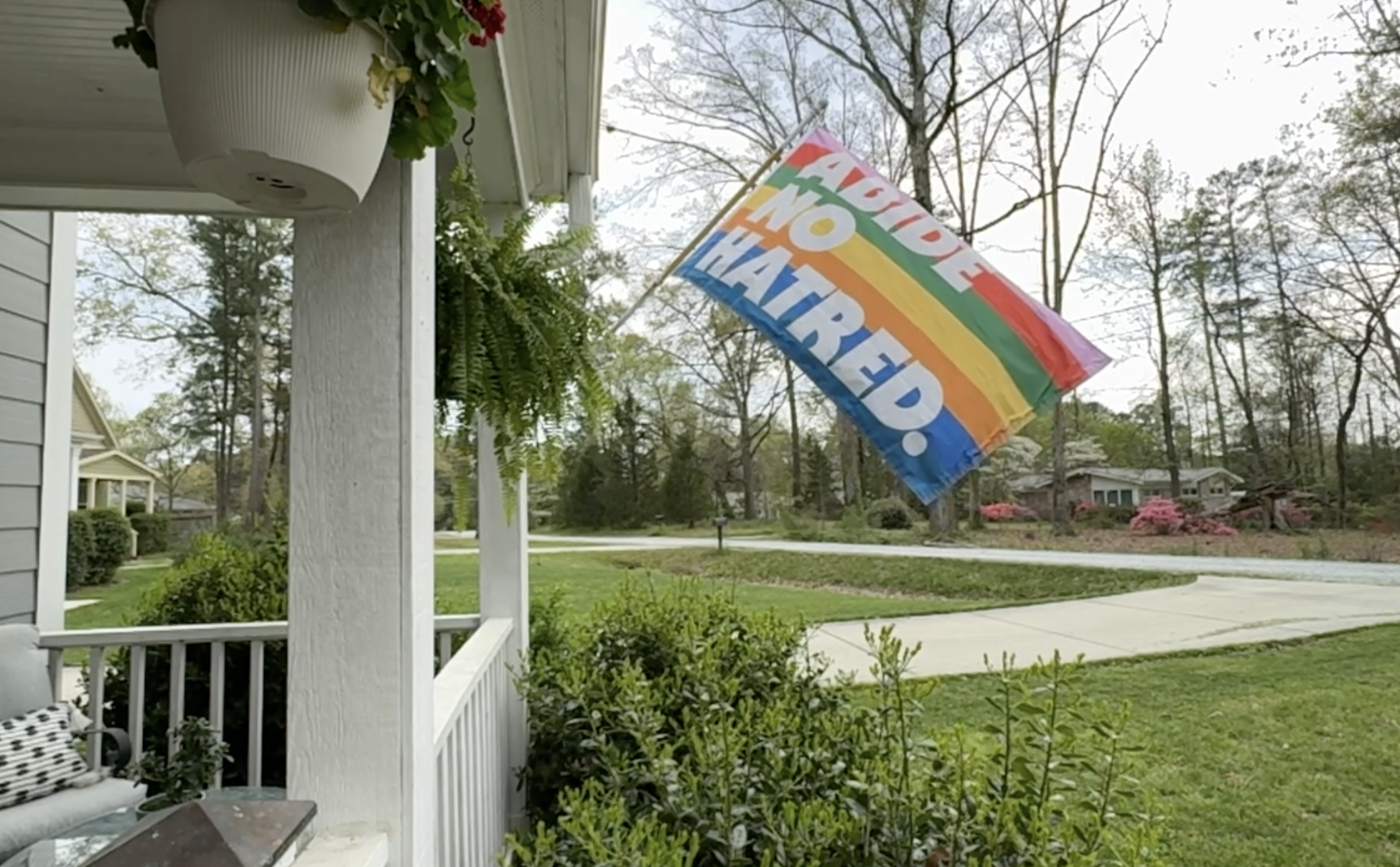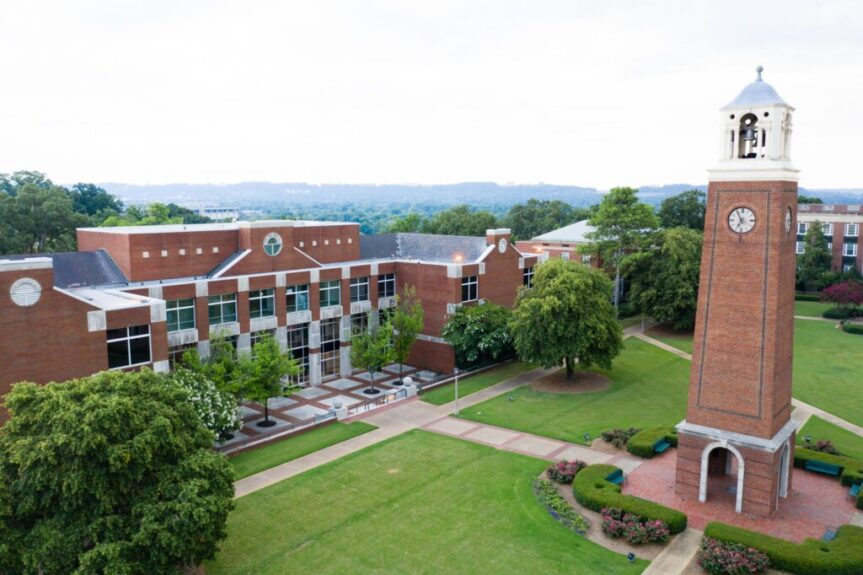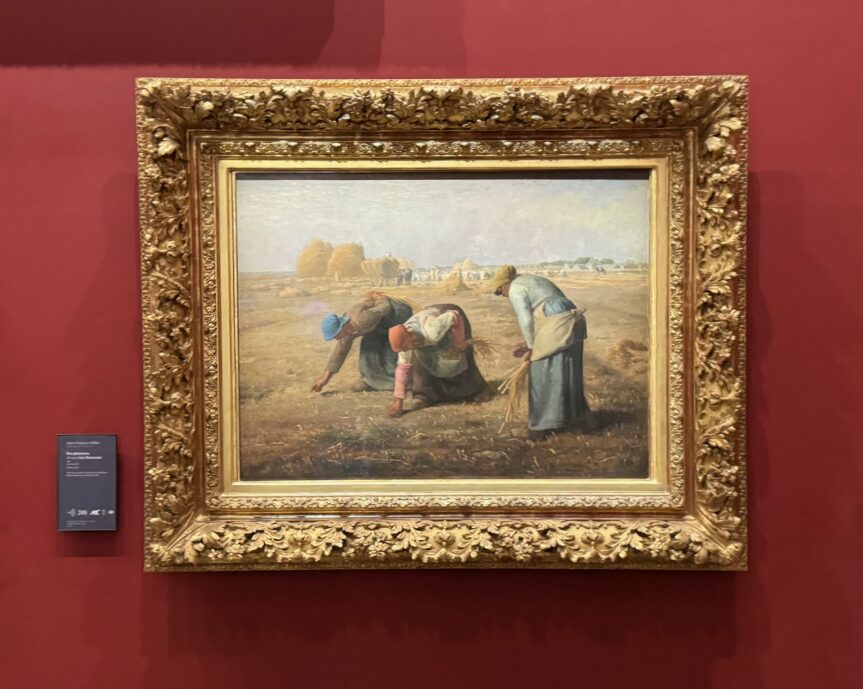I love to write, and I love photography, which is sort of like writing, or storytelling anyway. Most of my writing these days is for work, and for a book I am trying to write about my family. Great Great Great Grandparents moved from North Carolina to frontier Alabama in the years after the Revolutionary War. It’s quite a story and I am trying to tell it well. This site features shorter letters and thoughts and sometimes music and pictures. They appear on the /Letters page, and the most recent below.

Ansel Adams once said that great photography was all about light, maybe apocryphally. That the subject in the image was far less important. A rock, a person, a mountain, if the light was encountering the object in a way that was somehow inspirational, then it could be a great image. But an interesting thing with no special optical qualities like the warm tones people refer to as Golden Hour, or glint from a drop of water on a rose, or the dusty interior of a cathedral accepting shafts of sunlight into her dark recesses. Without the play of the light, it’s just a person standing outside, a dull rose, a damp church.
Maybe my writing is about that light. I’ll try not to focus on the unlit rose, the darkened room. There are enough of those. There is this idea a friend once shared that I have never seen repeated in literature or academia in a direct way. Its how you get a two o’clock in the morning friend, and how you can be one. How you can get someone to do unreasonable things to help you. The idea is Relationship Equity, that every time someone does something for someone else the do-er make a tiny, or not so tiny, deposit in the do-ee’s account. True friends are people with whom you have a high Relationship Equity balance. You can call at two in the morning and they will come get you. No question. You make a withdrawal when you make the call, but know they will come because of a simple fact. You came when they called, so they come when you call.
My life goal really is to build Relationship Equity. To do everything I can for friends, family, friends of family, friends of friends, people I meet at the garden center, random people on Reddit, pretty much anybody. If I can help, I probably will. The bar is low. I try not to discriminate or judge. I know about real estate tech, raising daughters, appraisal, Alabama, history, genetics and genealogy, Ancestry, putting kids through college, eye cancer and how not to die from it (so far), plus lots of random things. Ask me about Ken Burns, geology, or Eastern Europe, or canned fish, or the Tennessee River. Wine. I know a lot a lot about wine. I don’t know anything about a very long list of things but, in my defense, I am painfully aware and on a quest to read forty books a year until I cannot.
So this is not a publication of my wonderful employer, although I do sometimes use this as a place to write about work. It’s a big part of what I value in the world. Most people have no idea what I do at work but, you are here so maybe you are interested, I help manage tech that makes it easier to buy or sell a house. Doing that work involves collaborating with hundreds of people all over the world, and with a couple of dozen who work for me at Triangle MLS. You can see all that stuff at www.trianglemls.com.




